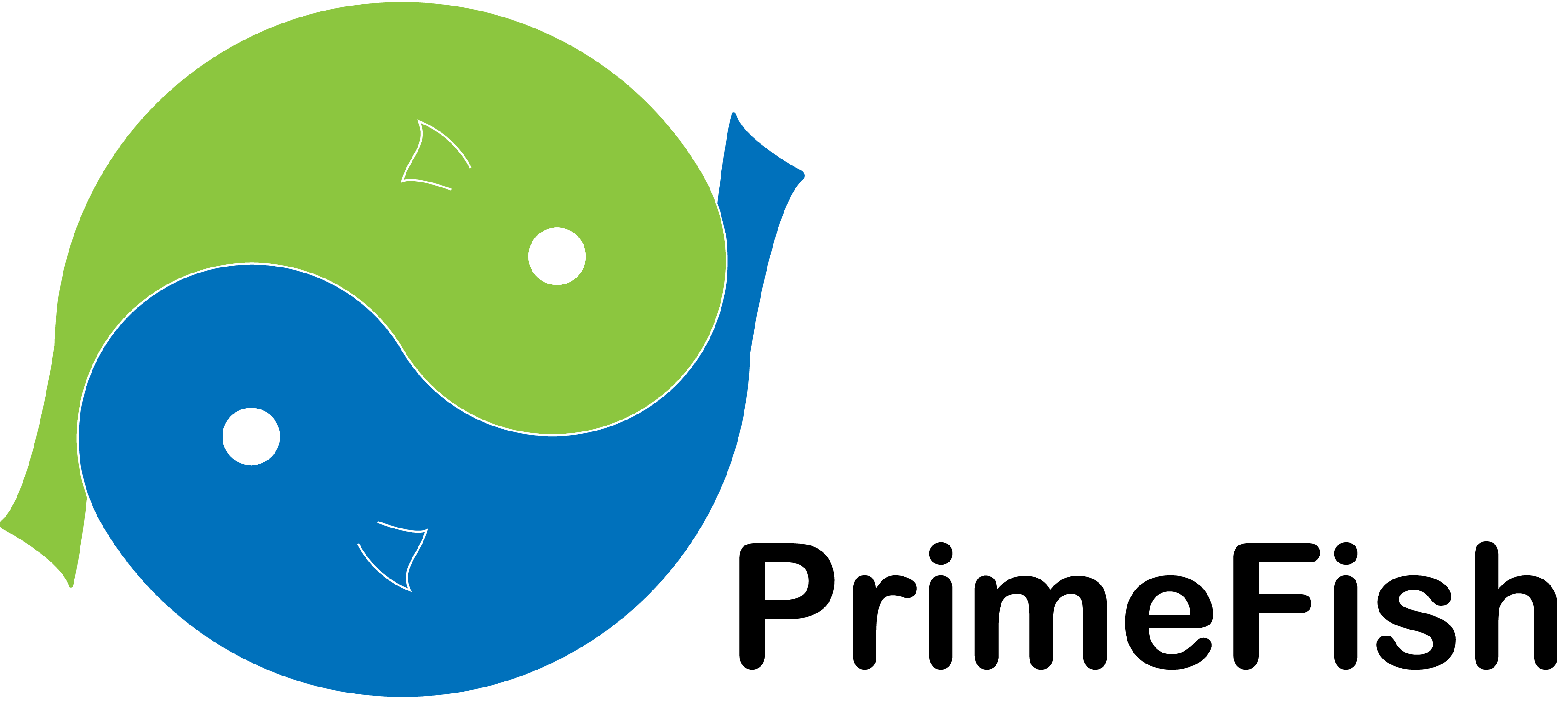Warning message
The subscription service is currently unavailable. Please try again later.
PrimeFish joined policy makers and members of advisory bodies linked to the Blue Growth strategy in the workshop “Aligning the PrimeFish Contributions to the Blue Growth Strategy” held on Brussels on the 25th of October. After more than 35 meetings with stakeholders and presentations at trade fairs, the project was ready to present its catalogue of results and to spot opportunities to bring evidences to the European policy arena with the aim of building policy recommendations.
Thursday, 4th of October at 12.00 pm the Xunta de Galicia stand will host a presentation with the analysis of Spanish seafood consumers developed by the PrimeFish project. The event will be held in Spanish. Interested attendants can check the programme and apply for registration at:
http://cetmar.org/seminarios/primefishconxemar/
From September until December 2018 the project will organise periodic webinars to disseminate the project tools and outcomes among the international fisheries and aquaculture sector.
Objectives
The webinars will dive deep on the methods utilised by PrimeFish partners, data and possible applications of these results. Participants will be able to test PrimeFish tools, interact directly with the main authors of the research and access main project documentation on the topic.
During 5 days, more than 10 international participants took part in the European Seafood Economy Summer School, the short course organised by the PrimeFish project in collaboration with the University of Applied Sciences of Bremenhaven (Germany). Experts in international seafood economy and marketing explored topics such as the economic performance of seafood industries, the seafood value chain, international trade, product development and market research.
On-hands training
Pages
